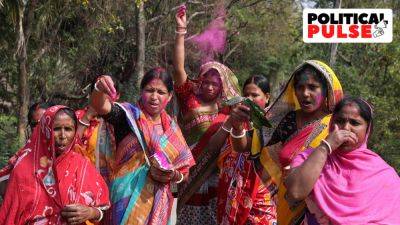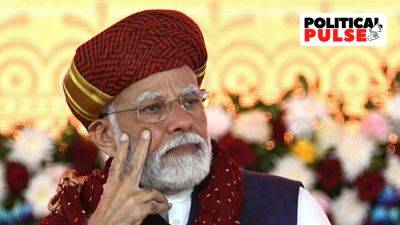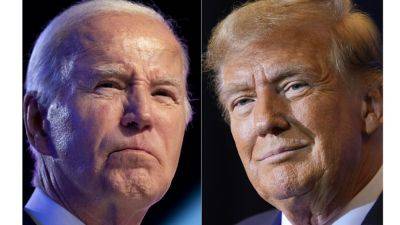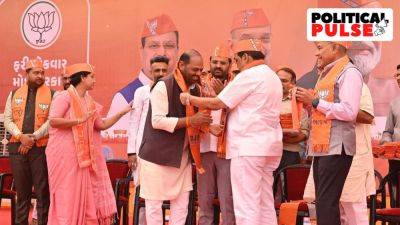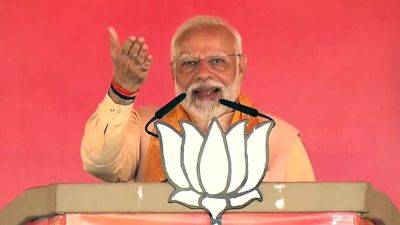Election bonds order: A look at other Modi govt policy decisions challenged in SC, and what followed
The Supreme Court on Thursday ruled the electoral bonds scheme for political funding introduced by the Narendra Modi government as unconstitutional. It was not the first policy decision of the Modi government to be challenged in court, with a majority of the rulings going the government’s way. A few cases are still pending in the apex court.
The Aadhaar scheme was introduced by the UPA government through a notification of the erstwhile Planning Commission. It was not backed by a legislation which led to a challenge before the Supreme Court.
In 2016, the Modi government introduced the project through a legislation in the Lok Sabha and was got it passed as a Money Bill — which was seen as a move to circumvent the Rajya Sabha, where the NDA did not have the numbers, as the Upper House has only limited powers when it comes to a Money Bill.
This was challenged in the Supreme Court in 2017 by Congress leader Jairam Ramesh, who said the Centre’s decision to treat the Bill as a Money Bill was wrong.
In January 2018, a five-judge Bench began hearing the case and in September upheld the constitutional validity of the law, but struck down provisions that required linking of Aadhaar to mobile phones and children’s’ school admission.
The Citizenship (Amendment) Bill, 2019, was passed in the Lok Sabha, making it easier for immigrants belonging to minority religions from neighbouring countries, who had entered India on or before December 31, 2014, to get Indian citizenship — thus covering the Hindu, Sikh, Buddhist, Jain, Parsi, Christian communities from Afghanistan, Bangladesh or Pakistan, and essentially leaving out Muslims.
After the Act was notified in 2020, its constitutional validity was immediately challenged by the Indian Union


